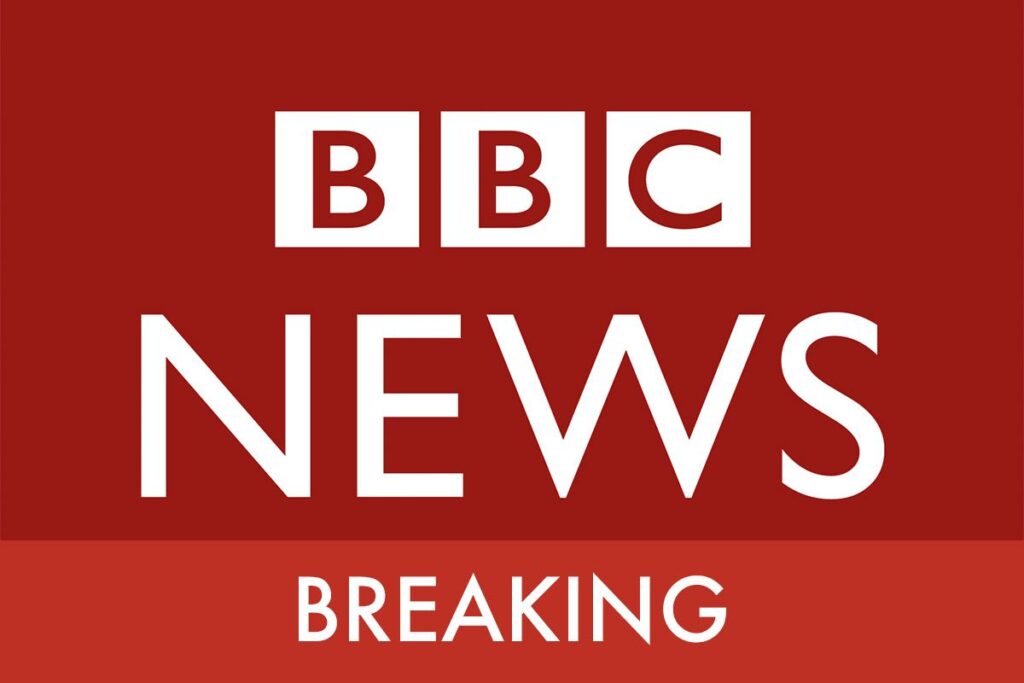introduction to bbc news
BBC News, often referred to as the gold standard of news reporting, is one of the world’s most recognized and respected news organizations. It has built a reputation for impartiality, reliability, and extensive global coverage. But what makes stand out in the crowded world of media? Let’s explore its history, approach, and the role it plays in modern journalism.
The History of BBC News
Founded in 1922, the British Broadcasting Corporation (BBC) began as a radio service in the UK, delivering timely updates and programming. BBC News as we know it today evolved alongside the organization, beginning with radio news bulletins in 1927 and growing into a multimedia platform that includes television, radio, and online outlets. Over the decades, has navigated political, social, and technological changes while remaining committed to its mission of providing factual and unbiased reporting.
BBC News’ Global Reach
One of the hallmarks of BBC News is its expansive global coverage. The news organization has correspondents stationed in every major region of the world, allowing it to deliver on-the-ground reporting from war zones, international events, and political hotspots. The BBC World Service broadcasts in over 40 languages, ensuring that audiences around the globe have access to its news reports. This global reach makes a trusted source for international news.
A Commitment to Impartiality
Impartiality is a core value at . In an age where news outlets are often accused of bias or partiality, BBC News strives to present all sides of a story. It follows strict editorial guidelines designed to ensure balance and fairness, making it a trusted source for viewers who want an objective view of world events. The organization regularly reviews its editorial standards to maintain high levels of accuracy and impartiality in its reporting.
The Evolution of BBC News’ Digital Presence
As technology and media consumption habits have evolved, so too has. It has transitioned from traditional TV and radio broadcasts to a significant online presence. The BBC News website and app provide 24/7 access to news updates, in-depth features, live coverage, and interactive media, all designed to keep readers engaged in the digital age. This shift has been crucial in maintaining its relevance and accessibility, especially among younger audiences who prefer consuming news online.
BBC News vs. Other Major News Networks
How does BBC News compare with other major global news outlets like CNN, Al Jazeera, or Fox News? While each network has its own strengths, BBC News is often lauded for its broad, in-depth coverage and commitment to neutrality. CNN is known for its breaking news, particularly in the U.S., while Al Jazeera excels in its Middle Eastern coverage. Fox News caters more to conservative audiences in the U.S., often focusing on domestic issues. BBC News, by contrast, offers a well-rounded, international perspective that resonates with viewers seeking comprehensive and unbiased reporting.
Key Features of BBC News Reporting
1. In-Depth Analysis
One of the defining features of BBC News is its in-depth analysis of complex topics. Whether it’s covering political unrest, environmental challenges, or economic developments, the BBC provides detailed background information and expert opinions, allowing readers to understand the nuances behind headlines.
2. Investigative Journalism
BBC News is also renowned for its investigative journalism, often shining a light on issues that may otherwise go unnoticed. Programs like “Panorama” and special reports by BBC correspondents have uncovered corruption, human rights violations, and systemic issues across the globe.
3. News for All Audiences
The breadth of content available on BBC News ensures that it appeals to a wide range of audiences. From breaking news updates to features on arts, culture, science, and sports, the BBC tailors its reporting to cater to different interests and demographics. This inclusivity has contributed to its broad and loyal following.
BBC News and the Role of Public Service Broadcasting
As a public service broadcaster, the BBC operates under a unique funding model. It is funded primarily through a license fee paid by UK households, allowing it to remain independent from commercial pressures. This model contrasts with many private news outlets that rely on advertising and corporate sponsorships, which may influence their content. BBC News’ public service mandate ensures that it prioritizes public interest above profit, offering a valuable alternative to commercial media.
The Challenges Facing BBC News
While BBC News has built a sterling reputation over the years, it has not been without its challenges. One of the most significant issues it faces is maintaining impartiality in an increasingly polarized world. Criticism sometimes comes from political figures or factions who believe the BBC is biased against their views. The organization must also balance its commitment to traditional broadcasting with the demands of a digital audience, which can be a delicate balancing act.
Additionally, the funding model through the license fee has faced scrutiny in recent years, with some arguing that it is outdated in the age of streaming services and digital media. This has sparked debates about whether the BBC should continue to be funded in this way or adapt to new revenue models.
BBC News in the Era of Misinformation
In the current era of misinformation, where fake news and biased reporting run rampant on social media, BBC News has positioned itself as a reliable counterbalance. Its emphasis on fact-checking, evidence-based reporting, and impartial journalism sets it apart from sources that prioritize sensationalism or clickbait. As misinformation spreads online, particularly through social media, platforms like BBC News have become more essential for audiences seeking reliable and fact-based news.
The Future of BBC News
Looking ahead, BBC News will need to continue adapting to the rapid changes in how people consume media. As younger generations increasingly turn to social media and short-form content, must find innovative ways to engage these audiences while maintaining its core values of impartiality and depth. Already, the organization has made strides in expanding its online video content, podcasts, and interactive features.
Sustainability is also an important part of future strategy. As climate change becomes an increasingly urgent issue, the organization has pledged to prioritize environmental journalism and ensure that its reporting helps inform and inspire action on global sustainability challenges.
Conclusion: A Lasting Legacy
In a world filled with competing news outlets and ever-growing sources of information, has remained a trusted, global leader. Its history, commitment to impartiality, in-depth reporting, and adaptability to the digital age ensure its continued relevance. As audiences demand reliable, unbiased information, will likely continue to serve as a benchmark for quality journalism, guiding its audience through the complexities of the modern world with clarity and trustworthiness.


